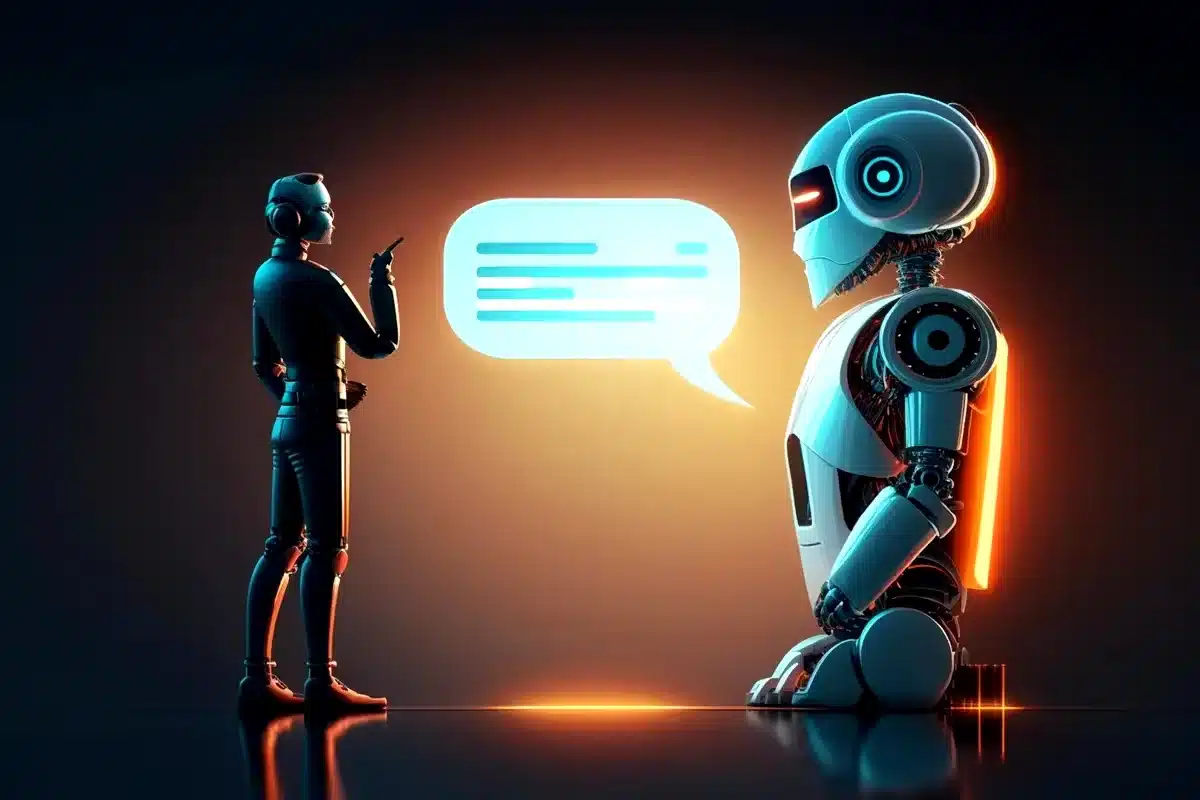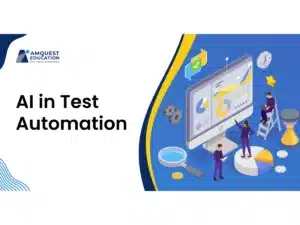In today’s fiercely competitive digital landscape, AI chatbots in digital marketing have become indispensable tools for businesses aiming to engage customers, generate qualified leads, and boost sales with unprecedented efficiency. With rapid advancements in Natural Language Processing (NLP) and generative AI, chatbots have evolved far beyond basic customer service to become powerful engines of conversational marketing, customer support automation, and AI-driven engagement. This article explores the dynamic evolution of AI chatbots, their latest features, and proven strategies to integrate them effectively into your chatbot marketing strategy for measurable business growth.
The Evolution of AI Chatbots: From Simple Bots to Intelligent Assistants
AI chatbots have transformed dramatically over the past decade. Early chatbots operated on rigid, rule-based systems, limited to answering FAQs and providing static responses. Today’s AI chatbots leverage Large Language Models (LLMs) and advanced NLP techniques to understand context, sentiment, and intent — enabling natural, human-like conversations across multiple channels like websites, WhatsApp, Facebook Messenger, and mobile apps.
Key milestones in this evolution include:
- Basic Chatbots: Initially designed to automate customer support, these bots answered simple, predefined questions to reduce call center workloads.
- Advanced AI Chatbots: Modern chatbots can handle complex queries, deliver personalized product recommendations, assist with transactions, and even create content. Their 24/7 availability ensures instant customer engagement and satisfaction, crucial for today’s always-on digital consumers.
The global chatbot market is booming, valued at approximately $15.57 billion in 2025 and projected to reach $46.64 billion by 2029, growing at a CAGR of 24.5%. This explosive growth reflects the rising demand for scalable, intelligent customer interaction solutions.
Cutting-Edge Features and Trends in AI Chatbots for Digital Marketing
Conversational Marketing
- Personalized Interactions: AI chatbots analyze user behavior, purchase history, and browsing patterns to deliver tailored messaging that resonates with individual preferences. This hyper-personalization increases engagement and conversion rates by creating meaningful conversations rather than transactional exchanges.
- Lead Generation: Replacing static online forms, chatbots engage visitors with dynamic follow-up questions, qualifying leads in real-time and gathering richer customer data. Leads from chatbot interactions convert up to three times faster than traditional form submissions, accelerating the sales funnel.
Customer Support Automation
- 24/7 Availability: AI chatbots handle multiple inquiries simultaneously, providing instant responses across time zones and reducing the burden on human agents. This ensures consistent service quality and faster resolution times.
- Real-Time Insights: By analyzing interactions, chatbots generate actionable customer insights, enabling marketers to refine targeting and messaging strategies continuously.
AI-Driven Content Creation and Storytelling
- AI chatbots assist marketers by generating personalized content, such as promotional messages, product descriptions, and interactive stories that engage audiences and foster brand loyalty.
- Integrating chatbots within influencer campaigns creates interactive brand experiences that reach wider audiences and boost community engagement.
Advanced Tactics to Maximize AI Chatbot Impact
To harness the full potential of AI chatbots in digital marketing, consider these advanced tactics:
- Hyper-Personalization
Leverage AI to analyze customer data deeply and tailor marketing content to individual needs and preferences. This level of customization enhances customer experience and drives long-term loyalty. - Content Creation and Storytelling
Use AI-powered chatbots to generate engaging, narrative-driven content that connects emotionally with your audience, building trust and community around your brand. - Influencer Partnerships
Collaborate with influencers who incorporate AI chatbots into their campaigns, creating immersive, interactive marketing experiences that expand your reach and engagement. - Platform Integration
Deploy chatbots on popular messaging platforms like WhatsApp and Facebook Messenger to meet customers where they already spend time, ensuring seamless and natural interactions.
Measuring Success: Essential Metrics and Analytics
Tracking the effectiveness of AI chatbot initiatives is critical. Focus on these key performance indicators (KPIs):
- Conversion Rates: Measure the percentage of chatbot interactions that lead to purchases or desired actions. Studies show chatbots can increase conversion rates by up to 23% on websites.
- Customer Satisfaction (CSAT): Gather direct feedback through chatbot surveys to assess user experience and identify improvement areas.
- Return on Investment (ROI): Compare revenue generated or costs saved through chatbot automation against traditional marketing and support methods for a clear business case.
Real-World Success: Domino’s Pizza Case Study
Domino’s Pizza exemplifies how AI chatbots can revolutionize customer engagement and sales. Facing the challenge of speeding up the ordering process and enhancing convenience, Domino’s integrated AI-powered chatbots across text and voice platforms. Customers could effortlessly order pizzas anytime, leading to a significant rise in online orders and higher customer satisfaction due to the ease and speed of the chatbot-enabled experience.
Actionable Tips for Marketers to Leverage AI Chatbots
- Implement Chatbots for Lead Qualification
Replace static lead forms with interactive chatbot conversations that gather comprehensive customer information, improving lead quality and boosting conversion rates. - Personalize Customer Interactions
Use AI-driven insights to deliver tailored content and product recommendations, increasing customer engagement and fostering loyalty. - Monitor and Optimize Performance
Regularly analyze chatbot metrics to identify bottlenecks and opportunities for refinement, ensuring your chatbot marketing strategy evolves with customer needs. - Invest in Skill Development
To stay ahead in this rapidly evolving landscape, marketers should pursue specialized training. The “Digital Marketing and Artificial Intelligence” course offered by Amquest Education in Mumbai provides hands-on experience with AI chatbot technologies, expert faculty guidance, and industry internships to help you master AI-powered marketing techniques and implement them confidently.
FAQs
- What are AI chatbots used for in digital marketing?
AI chatbots support customer service, generate leads, personalize marketing, and facilitate sales by providing instant, tailored interactions. - How do AI chatbots improve customer support?
They offer 24/7 availability, handle multiple queries simultaneously, and personalize responses, reducing human agent workload and improving customer satisfaction. - Can AI chatbots assist with content creation?
Yes, AI chatbots help generate customized messages and stories that enhance brand engagement and relatability. - What role does NLP play in AI chatbots?
NLP enables chatbots to understand and interpret human language, allowing natural, effective conversations that improve user experience. - How do AI chatbots contribute to sales?
By recommending products, guiding users through purchase steps, and completing transactions, chatbots increase conversion rates and sales volumes. - What metrics should marketers track to measure AI chatbot success?
Conversion rates, customer satisfaction scores, and ROI are key indicators of chatbot effectiveness in marketing strategies.
Integrating AI chatbots in digital marketing is no longer optional but a strategic imperative. As this technology evolves, marketers equipped with cutting-edge skills will lead the transformation. Enroll in the Digital Marketing and Artificial Intelligence course at Amquest Education to gain practical expertise, learn from industry experts, and position yourself at the forefront of AI-driven marketing innovation.






